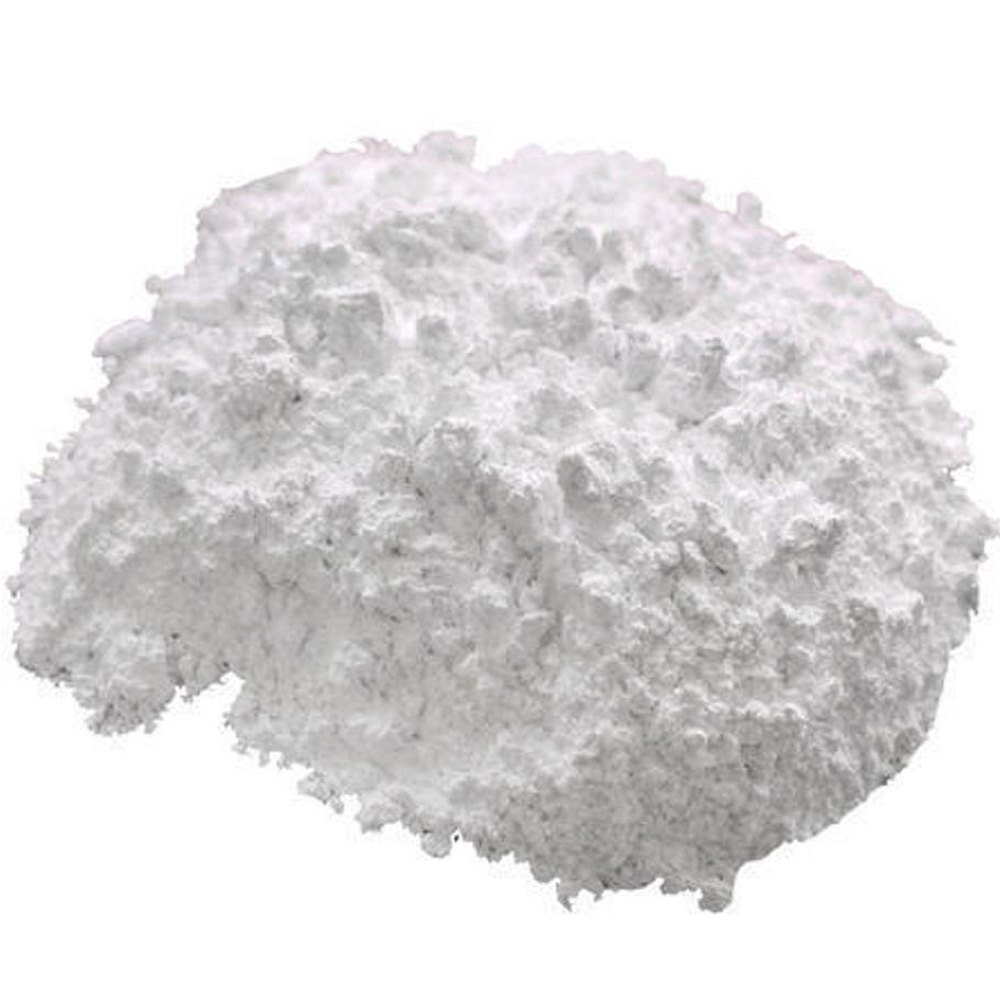Activated calcium carbonate is an important material widely used across various industries to enhance product performance. This versatile compound has become popular due to its beneficial properties, which help improve product quality in applications ranging from plastics and rubber to paints and pharmaceuticals. Let’s explore how activated calcium carbonate works and the advantages it brings to modern manufacturing.
What Is Activated Calcium Carbonate?
Activated calcium carbonate is a refined form of calcium carbonate that undergoes specific treatment to modify its surface properties. This treatment involves coating the particles with chemicals like stearic acid, making the substance easier to incorporate into materials and enhancing its compatibility. By altering the surface characteristics, activated calcium carbonate offers improved dispersion, durability, and mechanical strength when mixed with other components.
How Does Activated Calcium Carbonate Work?
Activated calcium carbonate enhances the quality and performance of products by acting as a filler and functional additive. When added to plastics, for example, it not only fills space but also contributes to the material’s strength, durability, and smoothness. In paints, activated calcium carbonate improves opacity and texture, providing better coverage. The treatment process allows the particles to interact more effectively with different materials, creating a stable and long-lasting mixture that supports better product outcomes.
Benefits of Using Activated Calcium Carbonate
Using activated calcium carbonate provides several benefits, each contributing to the improvement of product quality across industries. Here are some of the main advantages:
- Enhanced Strength and Durability
Activated calcium carbonate adds strength to materials like rubber and plastic, helping products withstand wear and tear. It also increases the toughness of coatings in paints, ensuring they hold up well under different conditions. - Better Surface Finish
Activated calcium carbonate enhances the smoothness and finish of products, making surfaces more aesthetically pleasing. This quality is particularly valued in industries like automotive manufacturing, where a polished surface finish is important. - Improved Processing Efficiency
With activated calcium carbonate, manufacturers can produce materials more easily due to its ability to disperse well within mixtures. This leads to more consistent product quality, with fewer defects or inconsistencies in the final product. - Cost Savings
By acting as an efficient filler, activated calcium carbonate allows manufacturers to use less raw material while still achieving desired properties. This helps to reduce production costs, making it an economical choice for high-quality manufacturing. - Environmental Friendliness
Activated calcium carbonate is non-toxic and environmentally friendly, which aligns with the sustainability goals of many companies. It can reduce the reliance on other, more harmful materials, making it a preferred option in eco-conscious industries.
Industries Benefiting from Activated Calcium Carbonate
Activated calcium carbonate finds applications across a wide range of industries, each benefiting from its specific properties.
- Plastics and Polymers
In the plastics industry, activated calcium carbonate is used to improve the mechanical properties of plastics while keeping costs low. It helps enhance the flexibility and strength of items like pipes, films, and packaging materials. - Rubber Products
Rubber manufacturers use activated calcium carbonate to create durable products like tires, hoses, and seals. Its ability to increase strength and resistance to abrasion makes it an ideal additive in these applications. - Paints and Coatings
Activated calcium carbonate enhances the quality of paints by improving opacity and texture. This results in better coverage, color brightness, and smoother application. It also reduces the amount of pigment required, which can lead to cost savings. - Pharmaceuticals and Food Production
Due to its high purity, activated calcium carbonate is used in the pharmaceutical industry for tablets and as a calcium supplement. Its non-toxic nature also makes it suitable for use in certain food products as an additive or stabilizer.
Future of Activated Calcium Carbonate in Manufacturing
As industries strive to improve product quality and sustainability, the demand for activated calcium carbonate is expected to grow. Its unique properties make it a valuable material in the development of eco-friendly, high-performance products. With advances in technology, we can expect even more refined forms of activated calcium carbonate to emerge, offering enhanced benefits and broader applications. This compound’s role in promoting efficient production and reducing environmental impact will likely make it an even more critical component in manufacturing.
Conclusion
Activated calcium carbonate plays a vital role in improving product quality across various industries. Its ability to strengthen materials, improve surface finishes, and reduce costs while being environmentally friendly makes it a popular choice in modern manufacturing. As demand grows, activated calcium carbonate’s importance is likely to increase, contributing to better, more sustainable products. Whether in plastics, paints, rubber, or pharmaceuticals, this compound continues to prove its value as a versatile and cost-effective additive.

